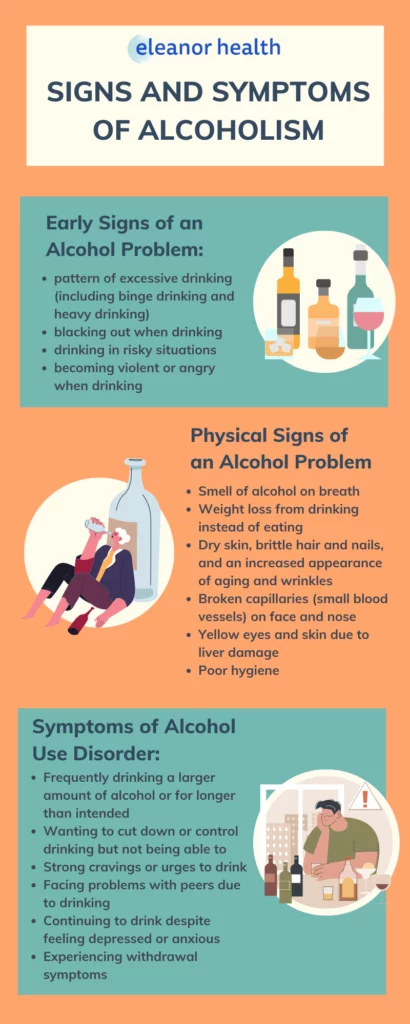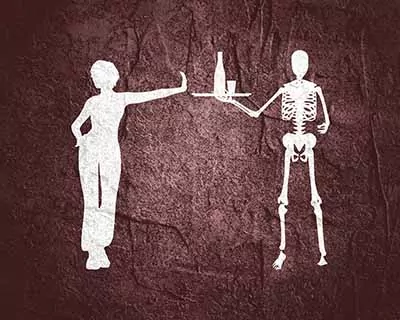Throughout history, alcohol has played a significant role in different cultures around the world. Alcohol is used by people as a way to relax, bond, celebrate, and socialize. In the United States, it’s common for adults to have a drink with friends on the weekends, at weddings and parties, or as a way to unwind from work.
Alcohol’s effects vary from person to person and depend on a variety of factors, such as:
The general state of health
For many people, alcohol has a strong effect but when consumed in a moderate amount, it is not unhealthy or dangerous. Over time though, excessive drinking can develop into alcohol use disorder (AUD), or more commonly known as alcoholism. AUD is characterized by cravings, physical and emotional dependence on alcohol, uncontrollable alcohol use, and negative emotions when not drinking. According to the National Institute on Alcoholism and Alcohol Abuse (NIAAA), an estimated 15 million people in the United States have AUD.
AUD is a chronic, relapsing brain disorder that can lead to significant health problems, including liver damage, depression, high blood pressure, heart failure, and certain types of cancers. It can also result in negative life consequences, such as strained relationships with loved ones, job loss, and arrests or jail time. In this article, we’ll explore how to identify the signs and symptoms of alcoholism.
Despite what movies and television shows portray, it’s not always easy to tell if someone has a problem with drinking. A person with alcoholism might not hang out in a bar all day or fall down after they’ve been drinking heavily. Some people seem fine and functional in their daily lives despite their alcohol addiction.
One of the early signs is a pattern of excessive drinking. This pattern includes both binge drinking and heavy drinking. Binge drinking is defined as consuming five or more drinks for men and four or more drinks for women within two hours. Heavy drinking is 15 or more drinks per week for men and eight or more drinks per week for women. While drinking excessively from time to time doesn’t mean someone has an alcohol addiction, it does increase the risk of developing AUD. Other early signs include:
Excessive drinking and alcoholism also has a range of physical side effects, including:

The DMS lists 11 symptoms of Alcohol Use Disorder, including:
Giving up on interesting, important, or pleasurable activities to drink instead
If someone has at least two of these symptoms, they are considered to have AUD. The severity of AUD can range from mild to severe depending on the number of symptoms present:
It’s important to point out that even mild alcoholism can progress in severity, which is why seeking treatment early is important.
Depending on your specific goals and needs, there are many types of treatment programs and supportive resources available. Treatment may include:
Even though alcoholism is a complex and challenging disorder, it is treatable and manageable. With a treatment plan, the brain and body can heal, while providing the support needed to regain control, improve the quality of your life, and recover.
If your loved one needs help with alcohol addiction, contact us today. We are here to help you better understand your loved one and support them. Check out our eBook, “How to Help a Loved One Struggling with Substance Use Disorder,” for information on addiction and how to best help someone experiencing it while still caring for your own mental health.
If you need help with your substance use disorder, we are here to help you build your confidence and momentum towards the future you want. We provide treatment services for adults with alcohol, opioid, and other substance use disorders. We are currently located in Louisiana, Massachusetts, North Carolina, New Jersey, Ohio, Texas, and Washington.
Related Articles
 Alcoholism: A Family Disease
Alcoholism: A Family Disease
 How To Help Someone Through Drug or Alcohol Withdrawal
How To Help Someone Through Drug or Alcohol Withdrawal
 Sober Party Tips for Halloween
Sober Party Tips for Halloween